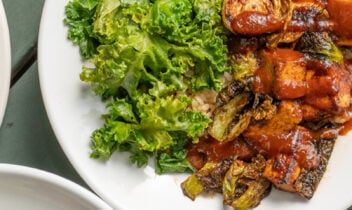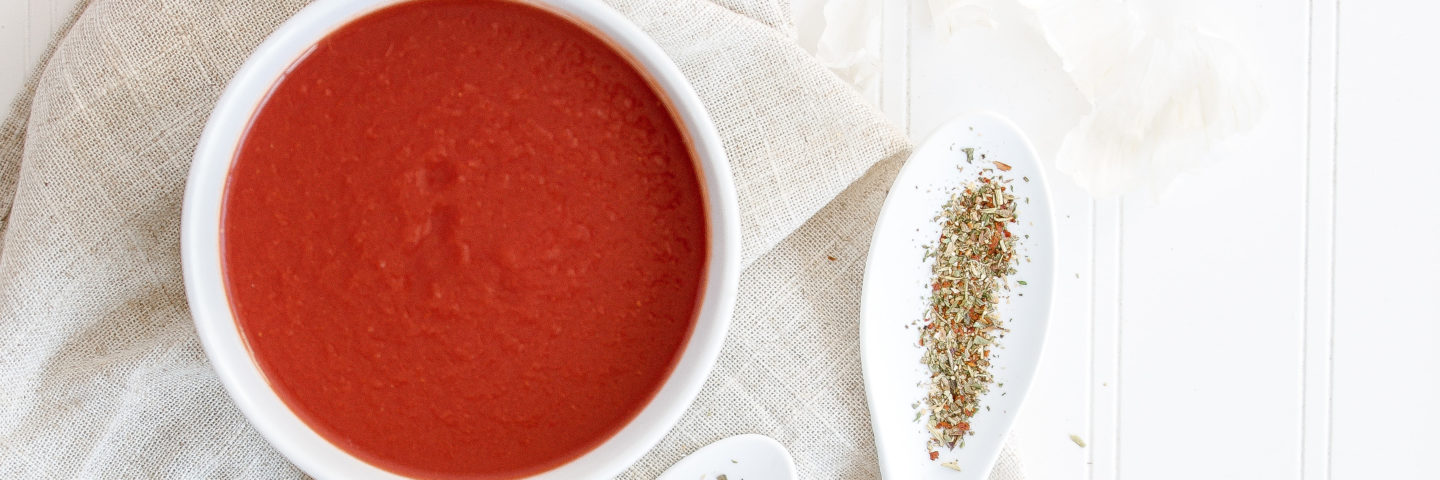
Why I Am A Can Fan
As a registered dietitian and board certified specialist in sports dietetics I am all about helping my clients optimize their health within their calorie cap, salary cap and hourly cap. With busy lives and endless items on the to do list, many feel time challenged, money pinched and lack the knowledge or desire to spend countless hours in shopping or food preparation. As a PBH Fruit and Vegetable Ambassador in Action I want to help to close the gap between recommendations and reality. As only I in 10 is eating enough produce every day – it is time to spread the words that must be heard. #haveaplant
Let’s broadcast and reinforce the message that all produce can have a place on the plate. Fresh is fine, but availability, seasonality and palatability can diversify one’s produce portfolio. This past week I had the opportunity to do a tour of farms and canneries- and follow the journey from field to sealed. So why am I a #canfan? Canned produce provides great taste, with haste and zero waste.
Here are some highlights and insights into why canned produce should be part of a #healthyshelfie.
Hard hats and hairnets were on display as we spent the day touring the plant in Oroville, CA where fruit such as peaches and pears are packed alone or mixed with other fruit for fruit cocktail.

Reach for a peach!
Peaches are picked at point of ripeness and transported to the plant within a few hours. Fruit is removed from the bins, washed and then sized. Peaches are then pitted and checked for quality.
Peaches and pears are then cut into various sizes and placed into different sized cans or cold full fruit bowl lines. Once in the can or fruit bowl, they are cooked and sealed to retain the nutrients, the flavor and food safety.
I was surprised to find out some facts about canned peaches. Compared to fresh they are-
- Higher in vitamin C
- Higher in folate
- Higher in antioxidants
- Comparable in Vitamin E
For those of you who have canned at home, or have relatives who canned foods, the plant uses the same techniques. You start with the fruit or vegetables and then:
- Wash
- Peel
- Core
- Slice
- Trim
- Chop
Fill can with food, liquid, seasoning if part of the recipe
- Seal
- Heat
- Cool
Filled, Sealed, Delivered, they’re yours!
These are beauties from the peach orchard that look absolutely gorgeous and taste fabulous on a summer day in California. But in Western Pennsylvania where I live, fresh peaches will not be available most of the year. So what can you do?
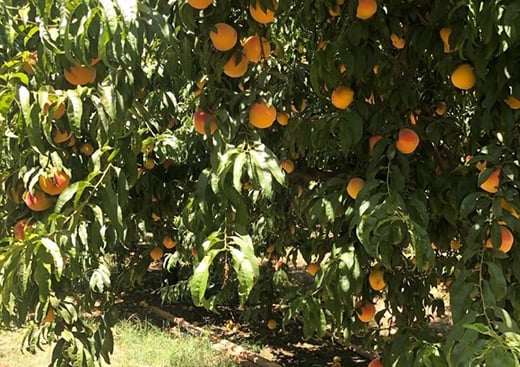
Make canned a part of your nutrition plan! Preserving the sweet taste and texture means availability and accessibility to more at a lower cost. In addition, canned has a longer shelf life which means canned fruit is ideal for busy families that simply cannot or do not want to shop for groceries as often.
From #rootforfruit to tomatoes. Salsa, marinara, fire roasted, puree – I like tomatoes every way! The second day of our tour started in the fields where we met a grower, walked the fields, took a ride on a harvester and observed the canning process.
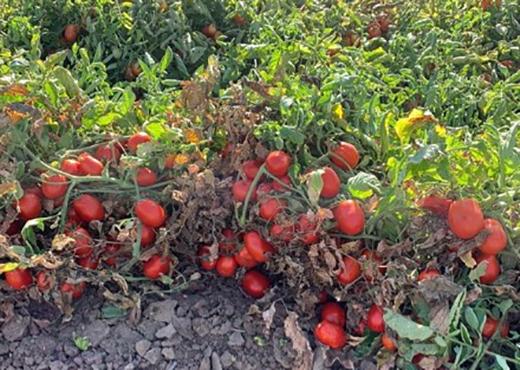
So what happens to that tomato before you pick up the can in the store? Safety, quality, and sustainability are what you don’t see but are a critical component of the canning process so you can be sure about the canned tomatoes you buy in the store.
Tomatoes are picked in a field less than 17 miles from the plant. Tomatoes don’t have far to go after they grow. Literally these beauties go from field to can in sometimes less than 5 hours to maximize freshness and flavor, giving you a ready-to-eat option with a guarantee of quality and consistency.
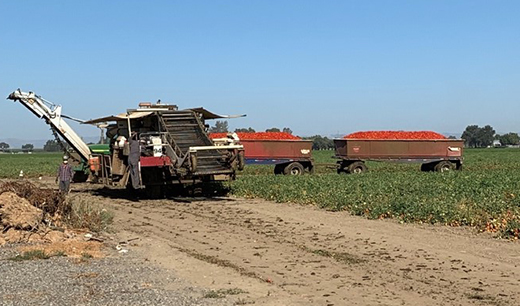
- They are inspected by the USDA for color, acidity, defects, and quality.
- Tomatoes are then rinsed from the truck using recycled water – a sustainability measure that is part of the conservation conversation.
- The tomatoes go from the bath to the peelers, and are sorted to best use: whole, diced, sauce, puree, salad tomatoes, etc.
- Tomatoes are hand checked, sorted again and placed in different sized cans, then cooked to ensure quality and safety, with one final check before distribution for labeling and shipping.
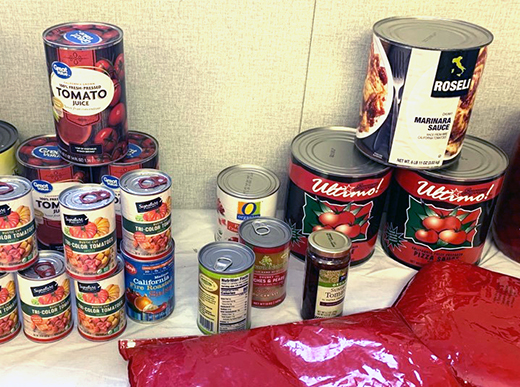
Tomatoes are the second most popular vegetable and canned tomatoes are the stars of pizza and marinara sauce as well as soups, stews and chili. Fresh tomatoes are great, but when they cannot be a part of your bowl or plate, canned tomatoes offer the seasonality through every day availability. They also give you options to customize your meals, minimize the effort and maximize nutrition benefits.
So what can a canned tomato do for you? Compared to fresh, canned tomatoes are higher in lycopene – a plant nutrient that may play a role in lowering cholesterol, triglycerides, blood pressure, may lower the risk of stroke and prostate cancer, and may also promote bone health.
For the men in your life-#giveyourmanacan. This fabulous tee shirt is available here and proceeds benefit prostate cancer research. https://teespring.com/stores/tomato-wellness

From the sustainability standpoint, 95% of tomatoes are grown in the US, and the cans are in demand as recycle and reuse to decrease waste is part of the conversation. Canned produce does not require refrigeration for transportation meaning energy preservation. And the growers are the stewards of the soil. They rely on technology and safe practices that help the yield in the field but address the concerns of climate, water and pests. Their legacy is to leave their land better than it started. They are agvocates and advocates for their families, their employees and their land.
So make cans a part of your nutrition plan for accessibility, affordability and safety. Find a way to get eat your produce every day. #haveaplant
Channeling my inner Queen, here is my rhapsody to the world of fruits and veggies!
Visited the growers, canners, sellers that provide the produce that we eat
We got mud on our feet
Survived the heat
Field to sealed is really neat
We will we will eat you
We will we will eat you
Versatility, less money, seasonality and
Care for land and employees
Stop the food disgrace and advocate
[for] Canned produce’s place on a healthy plate
We will we will eat you
We will we will eat you


